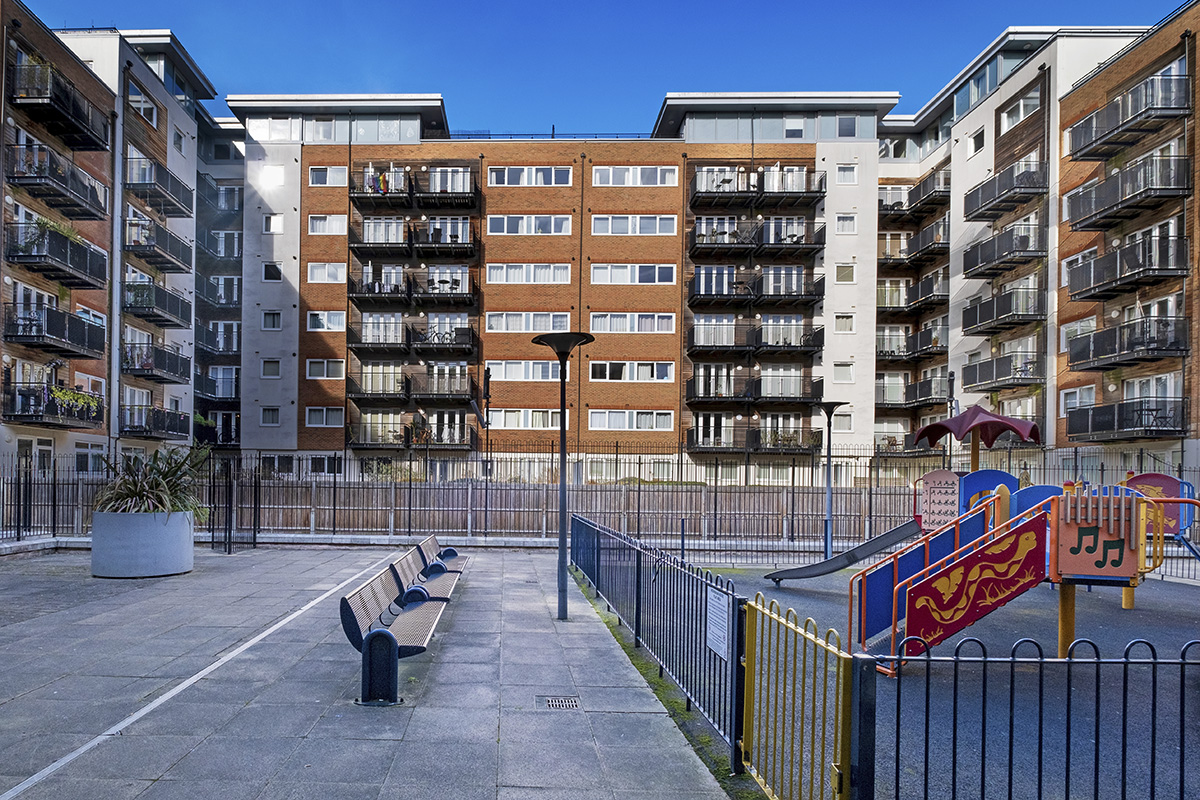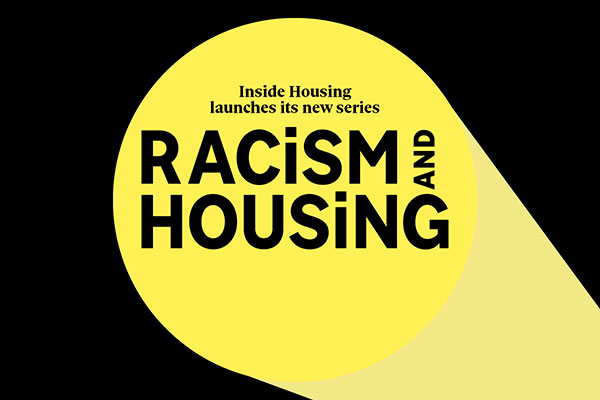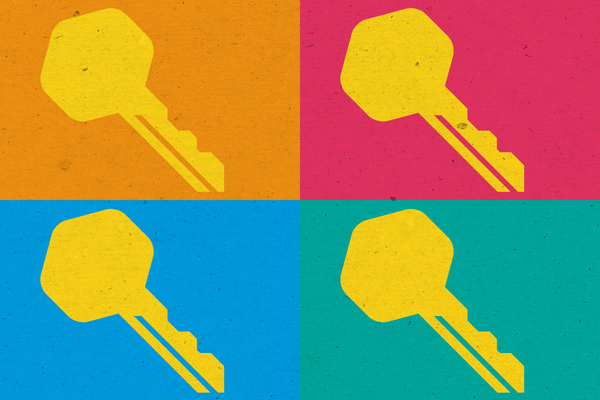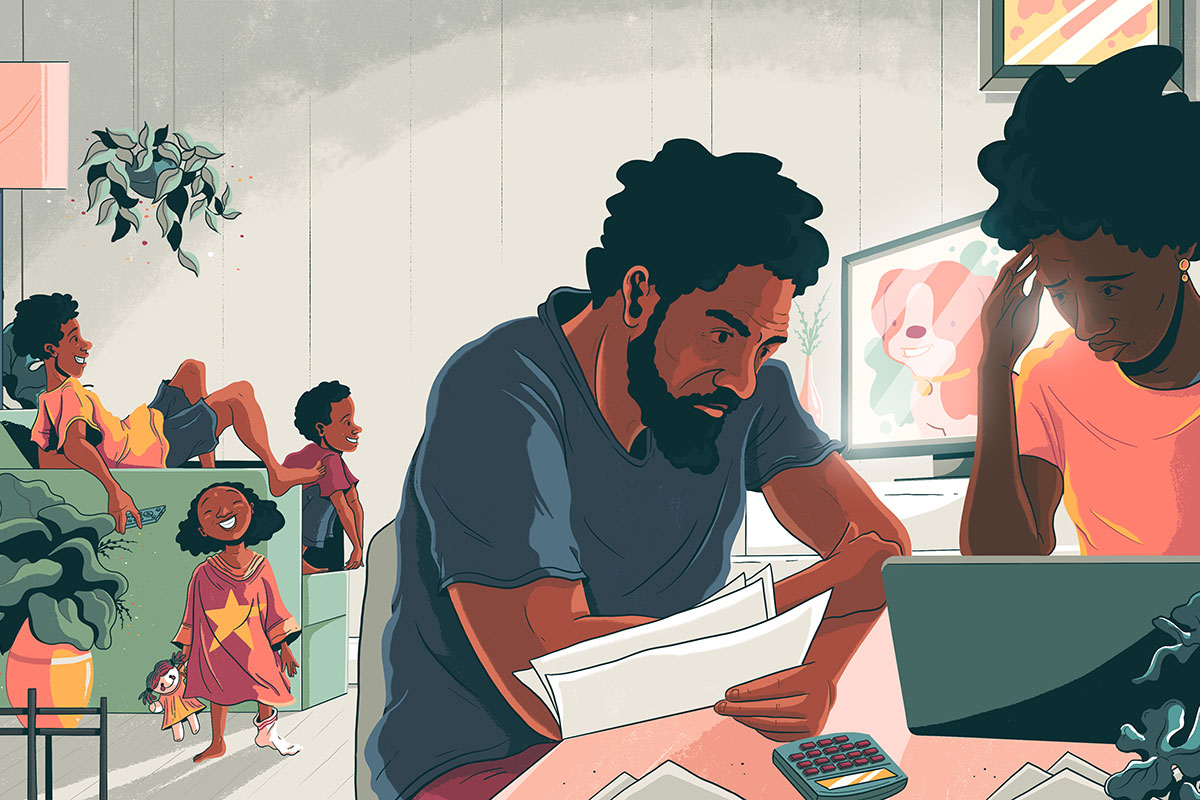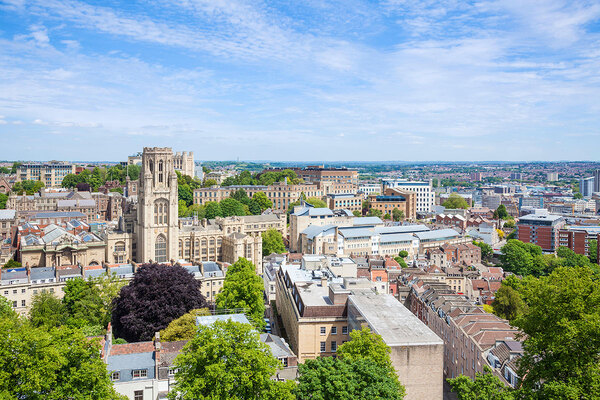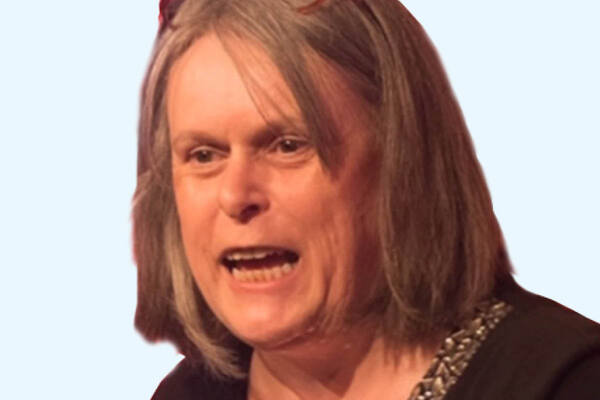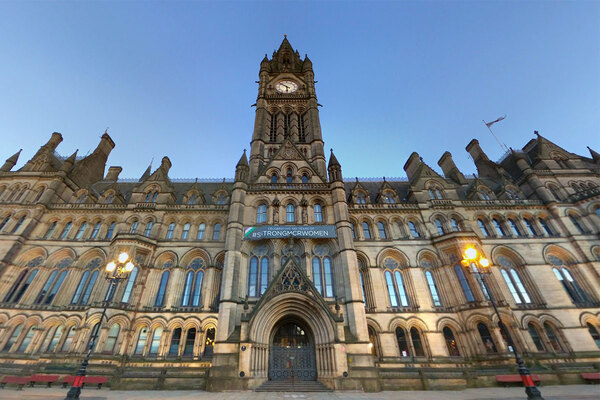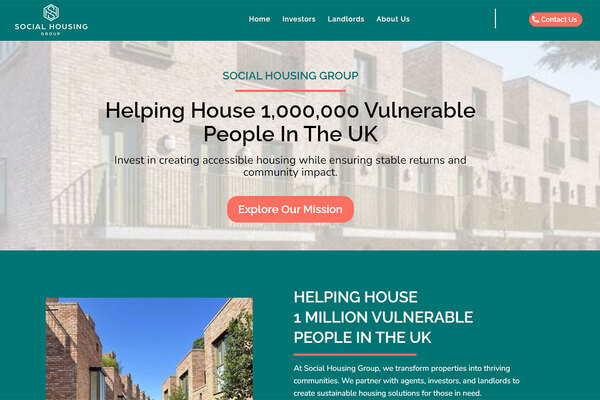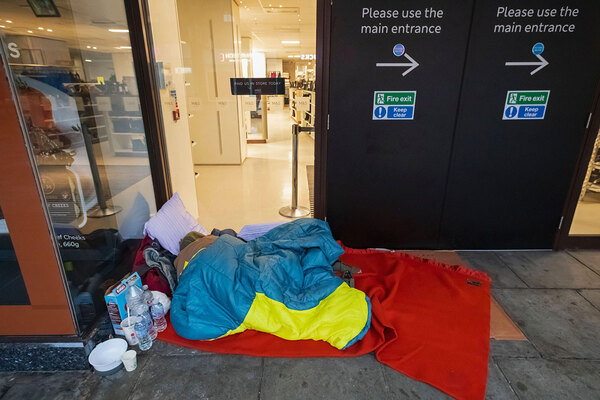You are viewing 1 of your 1 free articles
Black people more than three times likelier to face homelessness than white people, study finds
Black people are more than three times as likely to experience homelessness than their white counterparts, with a third of those who had been homeless also reporting discrimination from a social or private landlord.
The findings are from a new UK-wide study published by Heriot-Watt University, which found “overwhelming evidence” that people from Black and other minority ethnic communities face disproportionate levels of homelessness.
The report found race, ethnicity and discrimination-related factors affect homelessness risks indirectly as well directly, through increased levels of poverty or the chances of being a renter rather than an owner. This, in turn, increases exposure to homelessness. Once the indirect effects were accounted for, the study found the relative risk of homelessness for Black and some other ethnic minority-led households grew significantly.
Halima Begum, chief executive of the Runnymede Trust, the race-equality think-tank, said the report made for “extremely difficult reading”, but that “sadly, its findings aren’t surprising”.
“What this research makes clear is that the heightened risk of homelessness faced by certain ethnic minority communities cannot be fully explained in socioeconomic or demographic terms alone, but is in fact down to a person’s race and ethnicity when those other factors remain a constant across all those experiencing homelessness.”
Matt Downie, the chief executive of Crisis, the homelessness charity, added that the study’s findings “should shame us as a country”.
The new report’s conclusions echo those of 2005 research for the then-Labour government, which found Black and minority ethnic households were around three times likelier to become statutorily homeless than the white population.
Earlier in 2022, Inside Housing reported that households with a Black lead applicant accounted for 9.7% of the 268,560 households owed an initial prevention or relief duty in England in 2020-21, despite Black people making up only 3.5% of England’s population. By contrast, while 84.9% of people in England are white, 69.6% of homeless households in 2020-21 were white.
The new study referenced almost identical data from 2021-22, with Black-led households accounting for 10% of homelessness cases and white ones 68%.
The Heriot-Watt research, which drew on a wide range of statistical sources, found Black people reported disproportionately high levels of homelessness across a broad spectrum of experiences.
This included sleeping rough (termed ‘core homelessness’), applying to a council for homelessness relief, and simply perceiving oneself as being without accommodation, having lost a settled home.
It concluded that, in England, Black households were more than three times likelier than white ones to apply to a local authority as being homeless or threatened with homelessness. Households of mixed ethnicity were twice as likely as white ones to apply.
While figures have tended to show Asian-led households as being under-represented in homelessness statistics, a picture that was borne out in the new study, researchers concluded that people from Pakistani and Bangladeshi communities were especially likely to experience ‘hidden homelessness’.
The study found 24% of Pakistani- and Bangladeshi-led households experienced overcrowding between 2017 and 2019, compared with 14% of Black-led households, 8% of Indian-led households and just 3% of white-led ones.
Across the same timescale, it concluded that Black, and Pakistani and Bangladeshi households were five times likelier to experience affordability problems than their white counterparts. Black, and Pakistani and Bangladeshi people were twice as likely to be private tenants facing unaffordable rents, and three times as likely to have any form of housing need.
Besides reaffirming evidence demonstrating the disproportionate experience of homelessness among people from Black and some other minority backgrounds, the new study also uncovered links between homelessness and discrimination.
Drawing on data from the English Housing Survey, researchers found that 32% of Black people who had been homeless had also experienced discrimination from a social or private landlord – double the level of those who had not been homeless. A similar pattern was evident among Asian households and, to a lesser degree, among those of mixed ethnicity.
The report suggested the finding could indicate that experiences of discrimination drive heightened exposure to homelessness, or that Black and other minoritised ethnic groups who become homeless are exposed to higher levels of discriminatory behaviour, or both.
Glen Bramley, a professor of urban studies at Heriot-Watt and co-author of the report, said he found the apparent link between homelessness and the experience of racism “particularly distressing”, even among the other “shocking disparities” revealed.
“This needs further investigation, and we are committed to this ongoing work,” Professor Bramley said. “In subsequent reports, with more in-depth statistical analysis and through the addition of a supporting body of qualitative evidence, we hope to better inform the housing sector and government and, in turn, help to address these stark inequalities in the most extreme forms of housing need.”
Mr Downie said the homelessness sector, as well as national and local government and society more widely, “must acknowledge and root out the injustices [uncovered] and advocate for long-term systemic solutions if we’re to ultimately end homelessness for good”.
Responding to the new report, Polly Neate, the chief executive of Shelter, the housing and homelessness charity, said that racial inequality and discrimination were “hard-wired into our housing system”.
“The direct link between homelessness and racial discrimination cannot be ignored and more has to be done – Heriot-Watt’s work is helping to lead the way,” Ms Neate said.
“Homelessness is a structural problem that needs major structural solutions,” she added. “Any commitment to ending homelessness and creating a fair and secure housing system must take into account the clear role that the legacy of racial discrimination has played and how it continues to plague society.”
Sign up for our Week in Housing newsletter
Already have an account? Click here to manage your newsletters
